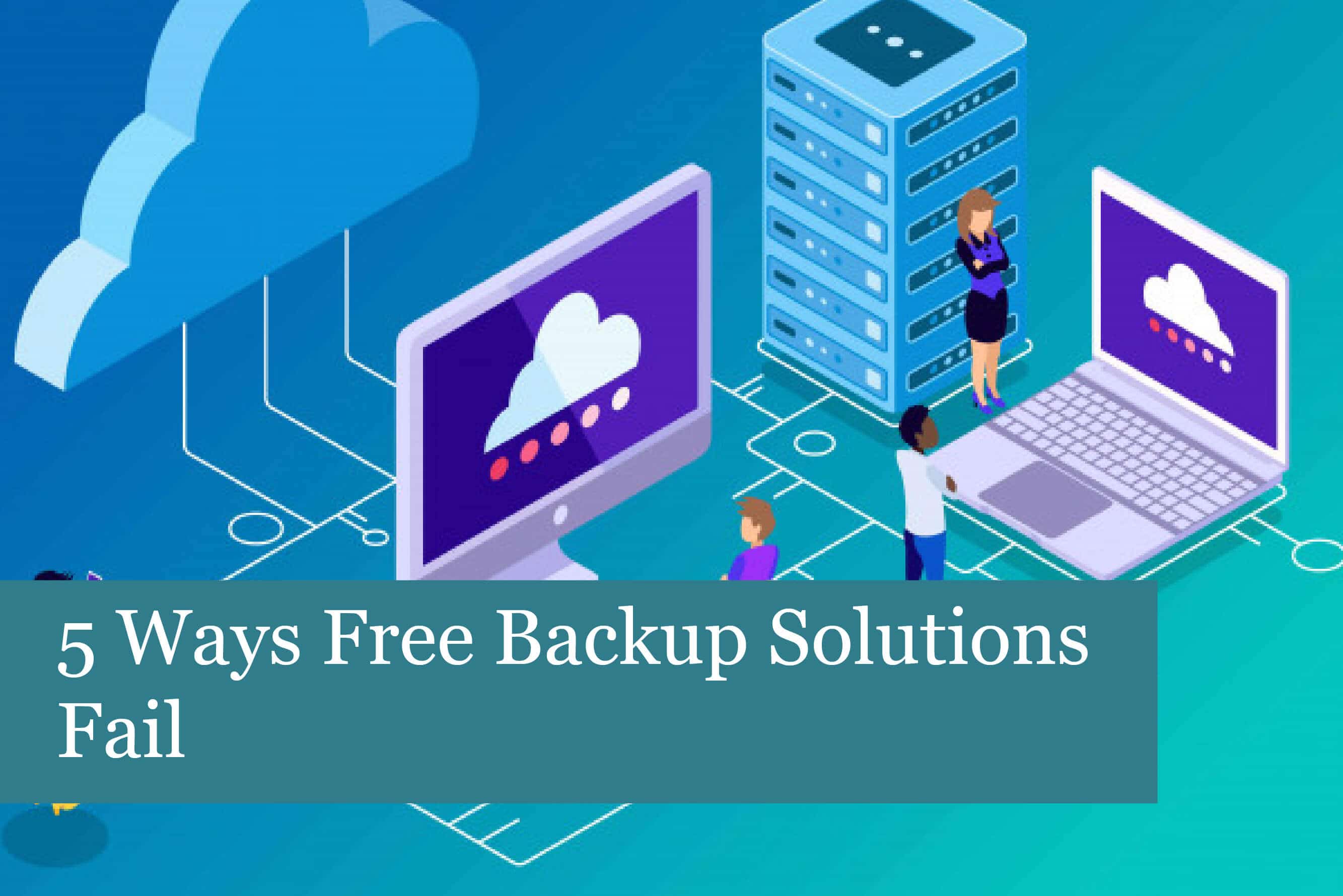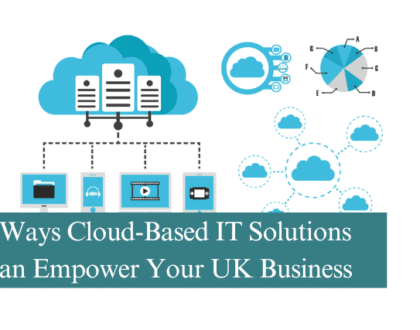
How do successful businesses store their data these days? How do they prepare for the worst-case scenario of their business being hacked? There are plenty of options available when it comes to data storage, but what about keeping valuable business data backed up?
Many companies are tempted to choose cheaper options to “backup” their data. However, some may not realise their data isn’t backed up at all. In other cases, a business may not invest in any type of backup system, hoping nothing will ever go wrong.
It’s difficult to think ahead and prepare for being hacked or being ready in case of a natural disaster. However, as a responsible business owner, it’s essential your business is ready. Not being prepared could mean your business will fail and close for good. Isn’t that also a disaster?
In this article, we will take a look at different types of “backups” some companies have chosen. We’ll discuss why these are not adequate and what a better, safer solution would be.
1). File Sync – This isn’t a Backup
File sync is a popular business tool, which allows files to be synced across a platform and various devices. This is a useful tool that ensures you always have access to the most up-to-date version of a file. However, this isn’t a proper backup. There’s a huge difference between backing up files and file sync.
Backing up means files are manually or automatically copied from one location to another. This could be a physical location, such as a hard drive, to an online location (in the cloud). On the other hand, syncing is the automatic or manual copying or deleting of files to make sure two various locations have identical copies of one or more files. Syncing is a cheaper option that comes with a few problems.
The first problem is the files are mirror images that don’t contain updated information. Another issue is what happens if a file is deleted by accident? The file sync will delete the same file in the other location. If that was a crucial file, you’re out of luck. And what happens if a file infected with malware is saved on the system? That file is replicated at the second location and now has the opportunity to infect the entire network in both places.
File syncing has its place in business, don’t get us wrong. But it should not be used as a backup for valuable company data. Synching is the right solution for when a computer is lost; it’s easy to sync with a new device, with all files being restored. But a file sync service isn’t enough for backing up data.
A data backup service creates a separate set of backup files that are only accessed for an emergency. It also includes software that does the work of backing up the system. The service also provides a separate restore path, which is different from the files used and saved every day. A backup service allows you to choose a point in time to restore from, rather than just the current sync allows.
Businesses must have a reliable backup system to prepare them for the day when disaster strikes. A file sync system does not provide this level of protection.
2). Cyber Threats
What happens if your company’s hit by a cyberattack? If you have a backup, you’re partially prepared for a hacker. But can you rely on just one backup? What happens if that backup becomes corrupted or damaged?
For this reason, it’s best to have more than one backup. Cloud services are excellent, don’t get us wrong. It’s just better to have another backup in addition to your cloud backup service. We’re referring to an offline or physical backup.
An offline backup is entirely separate from the Internet and is sometimes called an “air-gapped backup.” This type of backup keeps anyone from outside the company accessing the backup through the Internet. Your data is kept safe and secure in a safe location. This may be away from the company premises; however, this will depend on the action plan you create.
3). Bandwidth is a Problem
While your company may have great download speeds, the upload speeds may not be as good. It’s a fact that most ISPs don’t advertise their upload speeds. The main reason is that upload speeds are expensive. Think about having to advertise these expensive upload speeds. If you know how much it costs, would you buy those speeds?
So, you may not realise how long it would take to backup the company’s crucial data. If you have about 5TB of data to backup and a 100mbps upload speed, it would take five days to upload all the business data.
Now, take a look at the reverse scenario. Say your business is hit with ransomware, and everything is backed up in the cloud. That’s great, but do you know how long it takes to download that 5TB of data? If you have Internet speeds slower than 100mbps, it will take from days to months to restore your system. Can your business survive that much downtime?
4). Limited Restoration Testing
One more significant issue to consider with data backups is knowing they will work. This means backups must be tested, which can take quite a bit of time. If your company has chosen a cheap backup solution, the software may not even include restoration testing.
What happens if your company’s backup doesn’t restore? The business could face a hit to its reputation, compliance issues, and more. Testing the backup restoration is essential to keeping your business going in the face of hackers, natural disasters, and more.
This is where automated restoration testing can help. It’s a valuable tool to ensure your data is not lost.
Here is a list of best practices when running a backup & verifying it will restore properly:
- Scan backup for viruses before restoration
- Restore backup in an isolated environment
- Scan restored backups for viruses after restoration
- Test integrity of data/applications/databases/OS
- Report findings
Cheap backup solutions are not the right way to protect your business. They’re useful but not as a primary backup solution. If you’d like more information on how to develop a more robust backup solution for your business, then get in touch today. We can help you find the right solution for your business.
Recommended Posts

Prepare for Windows 10 End of Life: What You Need to Know
18th July 2025

5 Ways Cloud-Based IT Solutions Can Empower Your UK Business
12th July 2025

Are you making the most of your Microsoft 365 licensing?
4th July 2025
